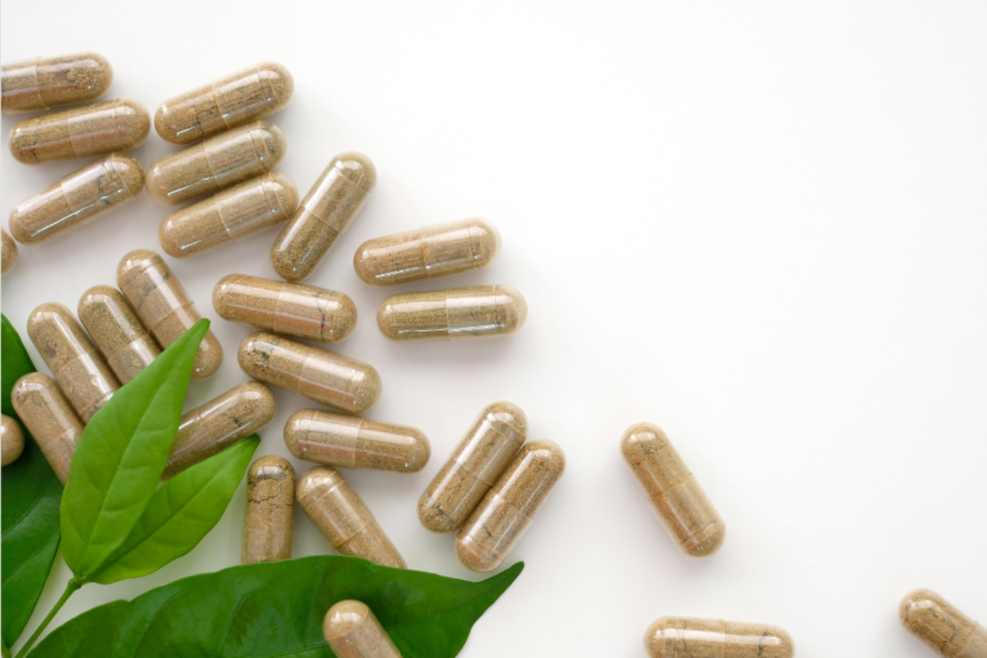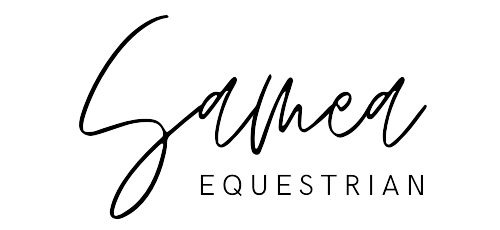
Which Supplements Are Useful for Horses — And Why They Matter
Walk down any feed store aisle or browse an equine catalog, and you’ll see shelves packed with supplements — for joints, hooves, digestion, coat, muscles, stress, and more. But which ones are actually worth feeding your horse?
Not every horse needs a supplement, but the right supplement at the right time can help support performance, prevent health issues, and improve quality of life. Here's a closer look at the most useful types of horse supplements — and why you might consider them.
1. Joint Supplements
Key Ingredients: Glucosamine, chondroitin sulfate, MSM (methylsulfonylmethane), hyaluronic acid, collagen
Why Use Them:
Joint supplements are widely used in performance horses, seniors, or any horse showing stiffness or early arthritis. These ingredients aim to reduce inflammation, support cartilage health, and delay joint degeneration.
Best For: Jumpers, dressage horses, older horses, or any horse with previous joint injuries.
2. Hoof Supplements
Key Ingredients: Biotin, methionine, zinc, copper, omega-3 fatty acids
Why Use Them:
If your horse has weak, cracking, or slow-growing hooves, a hoof supplement may help improve hoof wall strength and overall hoof integrity. Biotin is the superstar here — but it needs to be paired with the right minerals and amino acids to be effective.
Best For: Horses with poor-quality hooves, frequent shoe loss, or hoof wall separation.
3. Calming Supplements
Key Ingredients: Magnesium, tryptophan, thiamine (Vitamin B1), valerian root (check competition legality), CBD (in some regions)
Why Use Them:
Calming supplements can help reduce anxiety, reactivity, and stress — especially in horses that are easily startled or nervous. While effects vary by horse, many owners report improvements in focus and trainability.
Best For: Trail horses, show horses, or horses with travel anxiety or barn-related stress.
4. Digestive & Gut Health Supplements
Key Ingredients: Probiotics, prebiotics, yeast cultures, digestive enzymes, psyllium husk
Why Use Them:
A healthy gut is the foundation of a healthy horse. These supplements help regulate digestion, maintain gut flora balance, and support nutrient absorption — especially important after antibiotics, stress, or diet changes.
Best For: Horses prone to colic, diarrhea, ulcers, or sudden diet shifts (e.g., moving barns or seasonal changes).
5. Skin & Coat Supplements
Key Ingredients: Omega-3 fatty acids (flaxseed oil, fish oil), Vitamin E, zinc, copper
Why Use Them:
A glossy coat and healthy skin start from within. These nutrients support cell regeneration, reduce dryness and itching, and promote natural shine. They’re especially helpful during coat changes or for horses with dull, flaky skin.
Best For: Show horses, horses with skin allergies, or those with dull or sun-bleached coats.
6. Weight Gain & Muscle Support
Key Ingredients: Rice bran, flaxseed, amino acids (lysine), fat-based energy sources, Vitamin E
Why Use Them:
If your horse struggles to maintain weight or muscle despite adequate feeding, these supplements can help provide safe, slow-burning calories and muscle-building support — without overloading on grain.
Best For: Hard keepers, seniors, and performance horses needing muscle development.
7. Immune Support Supplements
Key Ingredients: Vitamin C, Vitamin E, selenium, zinc, garlic, echinacea
Why Use Them:
While most healthy horses don’t need daily immune support, supplements can help during times of stress, illness, travel, or when exposed to new environments.
Best For: Horses recovering from illness, traveling often, or in large boarding barns with frequent new arrivals.
A Word of Caution:
- More is not better. Over-supplementing can lead to imbalances or even toxicity.
- Always read labels — especially for show horses subject to drug testing.
- Consult your vet or equine nutritionist before introducing new supplements, particularly if your horse has a medical condition.
When Supplements Make Sense:
- Your horse has a specific nutritional gap that their base diet doesn’t cover
- You're managing a health issue (joint pain, digestive problems, poor hoof quality, etc.)
- You need to support performance or recovery
- There’s a change in environment, season, or routine
